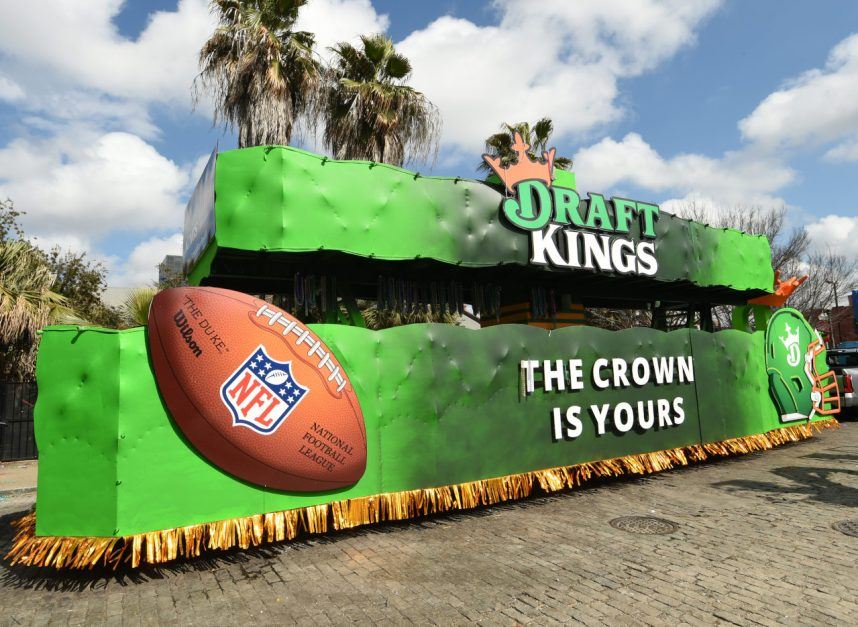According to the Netherlands Gambling Authority’s (KSA) latest annual Market Scan, GGR from land-based casinos fell by EUR 61 million (about $70.6 million), showing that the country’s land-based gambling operators are again coming under renewed pressure.
Regulator Shows Financial Decline in the Netherlands’ Land-Based Sector
The decline persists even though the broader market has stabilised, with the report highlighting that land-based casino revenue still has not returned to pre-pandemic levels. When compared with 2019 benchmarks, GGR from land-based casino activity remains 27% lower, indicating ongoing long-term challenges for operators that depend on in-person visitation. The decline pushed the segment’s contribution to the Netherlands’ economy down to EUR 1.30 billion (around $1.50 billion), compared with EUR 1.36 billion (roughly $1.57 billion) the previous year, after adjusting for inflation.
The gaming halls sector has also seen a notable contraction, with the number of locations declining from 217 in 2023 to 196 in 2024. Meanwhile, the total available player positions on hall-based machines fell from 24,692 to 20,997 over the same period. Holland Casino, the country’s sole licensed land-based casino operator, reported 6,233 gaming positions at the end of 2024, a slight decrease from the previous year. Furthermore, its table game network also contracted, dropping to 364 tables across 14 venues. The Zandvoort facility, which had only a handful of tables remaining, played a large part in this decline when it closed permanently on 31 January 2024.
Dutch Gamblers Increasingly Prefer Online Gambling
Although overall spending remains below the European average, national trends indicate a gradual shift toward online channels. A previously published KSA monitoring update revealed that illegal online gambling in the Netherlands continued to grow during the first half of 2025. Meanwhile, the licensed market experienced a decline, as physical venues continue to contract in both supply and demand.
The semiannual report highlighted that the unregulated online gambling segment has now surpassed the legal sector in size for the first time since online gambling was regulated in 2021. Perhaps predictably, this has been met with concern and outcries from various parties. Even legitimate online gambling sites have faced increased scrutiny by consumer advocates, who have cited deceptive bonuses and unsafe limits as issues that need to be addressed.
The findings mirror international trends seen in other regions, where tighter regulations have frequently coincided with a rise in unlicensed activity. KSA data indicates that a similar shift is underway in the Dutch market. The regulator attributes this downturn to the stricter responsible gaming measures implemented in October 2024, which introduced the Responsible Gaming Policy 2024 along with new rules on player spending limits.

 31 minutes ago
2
31 minutes ago
2




















